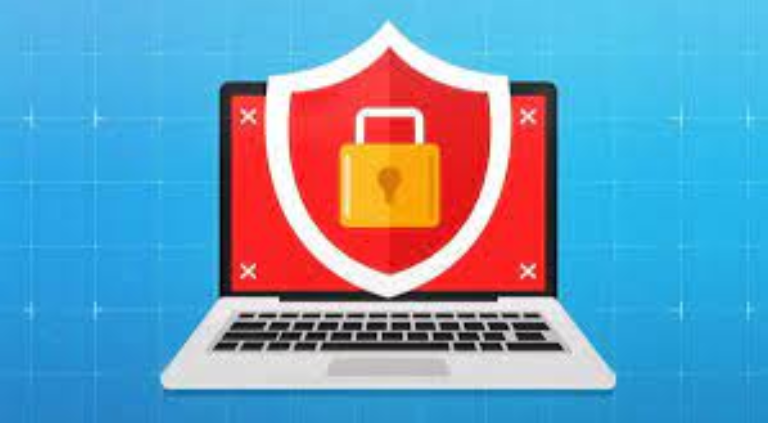Streaming has become an integral part of our daily lives. With the rise of various streaming platforms, people have the option to access a plethora of content at their convenience. However, with the convenience comes the risk of identity theft and cyber attacks. Australia, like any other country, has its share of cyber threats, and it’s important to protect your identity when streaming.
One of the main challenges faced by streaming enthusiasts in Australia is accessing restricted content. For example, Peacock TV, a popular streaming platform in the United States, is not available in Australia. Luckily there are ways to unblock Peacock TV in Australia and other streaming services that are being restricted for the audience.
You can also enable two-factor authentication and add an extra layer of security to your accounts. It’s important to keep your devices and streaming apps updated to the latest version as these updates often contain security patches.
To protect your identity while streaming in Australia is crucial, especially when trying to unblock Peacock TV, Hulu or other streaming services.
Ways to protect your identity while streaming in Australia
Following are the ways to protect your identity while streaming in Australia.
Enable two-factor authentication:
Two-factor authentication adds an extra layer of security to your streaming accounts. This means that in addition to entering your password, you’ll also need to provide a second form of verification, such as a code sent to your phone or email.
This makes it more difficult for hackers to gain access to your accounts even if they have your password.
Ensure your devices and streaming apps are up-to-date:
Keeping your devices and streaming apps updated to the latest version is crucial when it comes to protecting your online identity. Updates often contain security patches that fix vulnerabilities and protect against potential cyber threats.
Employ robust and distinct passwords:
Strong and unique passwords are essential when it comes to protecting your online identity. Avoid using easily guessable passwords such as “password” or “12345”. Instead, use a combination of upper and lower-case letters, numbers and symbols to create a strong password.
It’s also important to use a different password for each streaming service you use. This way, if one password is compromised, your other accounts will still be safe.
Be cautious of phishing scams:
Cyber criminals frequently use phishing scams to acquire your personal information. These fraudulent acts may come in the shape of an email or a message that looks like it has been sent by a legitimate streaming service provider.
They may ask you to click on a link or provide personal information such as your password or credit card details. To avoid falling for these scams, always be cautious of unsolicited messages and never click on links from unknown sources.
Use anti-virus and anti-malware software:
Anti-virus and anti-malware software can help protect your devices from malicious software that can compromise your identity. Make sure to use reputable software and keep it updated to the latest version. Some best antivirus software are, Bitdefender antivirus, wizcase etc
Avoid public Wi-Fi:
Public Wi-Fi networks can be a breeding ground for cybercriminals. Hackers can easily intercept your online activities and steal personal information such as your login credentials or credit card details. If possible, avoid using public Wi-Fi networks when streaming.
If you must use public Wi-Fi, make sure to avoid entering any sensitive information.
Check for encryption before giving information:
When entering sensitive information such as your credit card details, make sure to check that the website or streaming service is using encryption. Look for “https” in the URL or a padlock icon in the address bar.
Encryption ensures that your information is being transmitted securely and is less likely to be intercepted by cybercriminals.
Don’t link your accounts:
Another way to protect your identity is , avoid linking your streaming accounts with other accounts such as social media or email. If one account is compromised, it could potentially lead to other accounts being compromised as well.
Don’t use your real name everywhere:
Consider using a pseudonym or a nickname instead of your real name when creating accounts for streaming services. This can add an extra layer of anonymity and make it more difficult for cybercriminals to track your online activities.
Conclusion:
Protecting your identity while streaming in Australia is crucial to safeguarding your personal information from cybercriminals.
By taking necessary measures such as keeping your devices and streaming apps updated, using strong and unique passwords, avoiding using your real name anywhere, checking for encryption before giving information and not clicking on every link, can significantly reduce the risks of identity theft and online fraud.
It’s essential to stay vigilant and informed about the latest threats and security measures to ensure a safe and enjoyable streaming experience. By following these tips, you can stream content online without compromising your online privacy and security.







